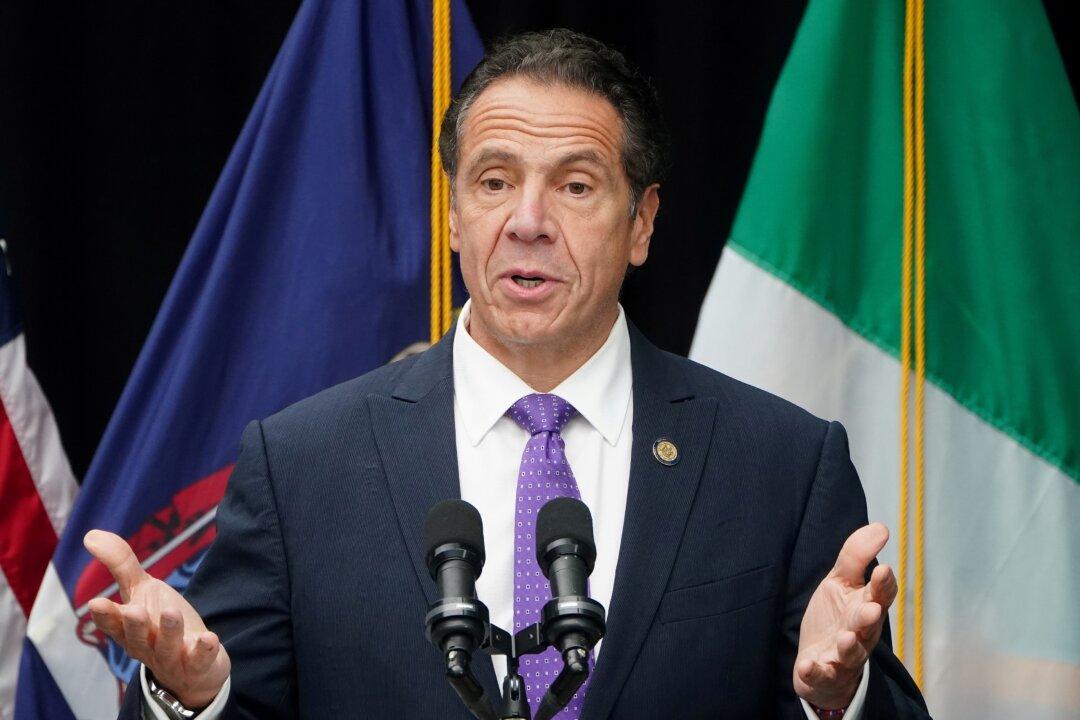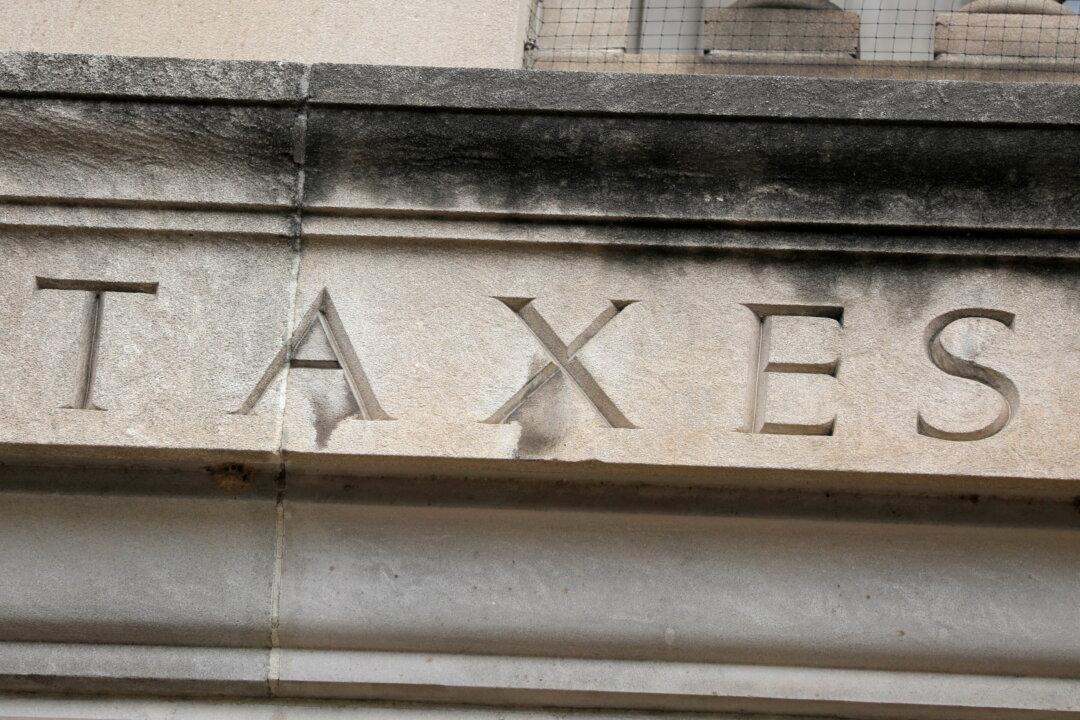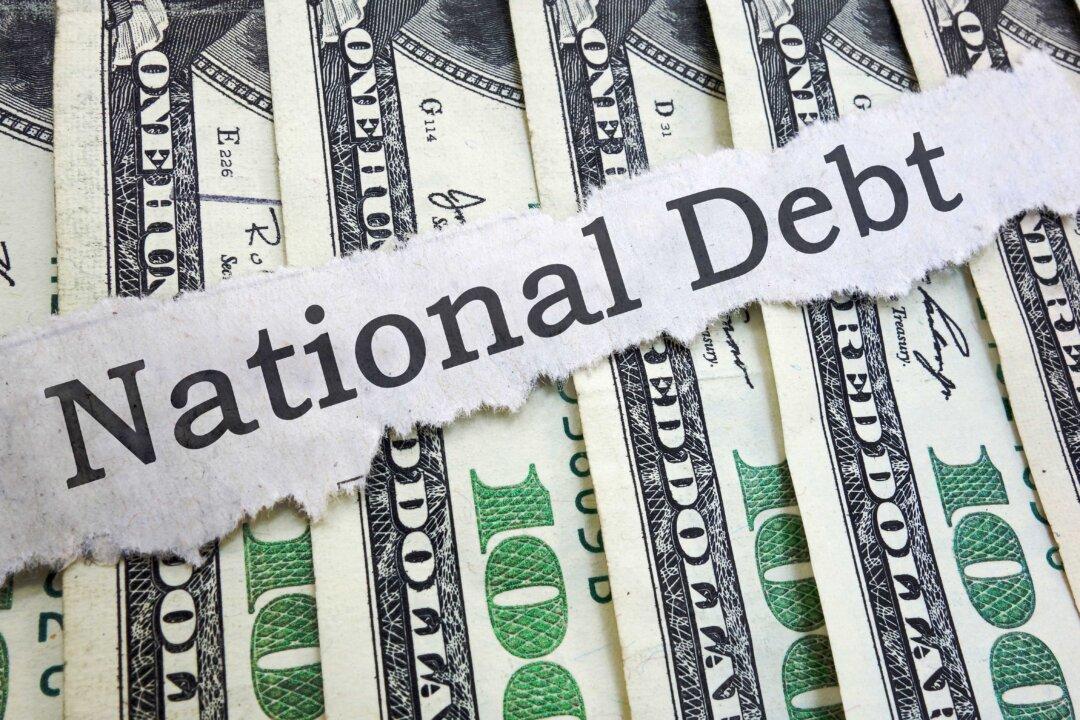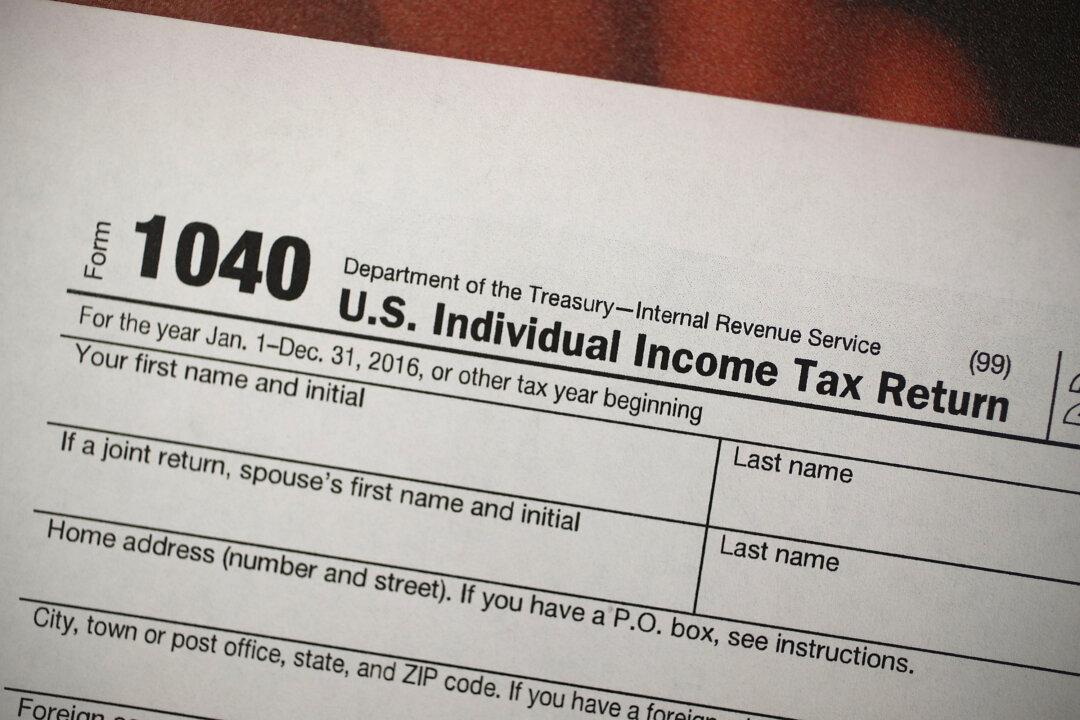Commentary
If, as the saying goes, the definition of insanity is doing the same thing over and over again and expecting different results, then mark New York’s state government down as insane. Wholly unwilling to learn from the past results of their tax and spend policies, the Empire State is doubling down by proposing to raise the top marginal tax rate in the state to the highest level in the country.




